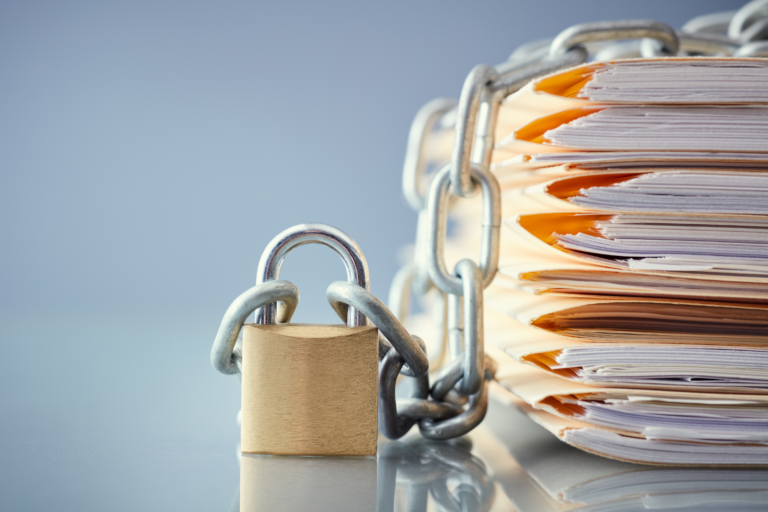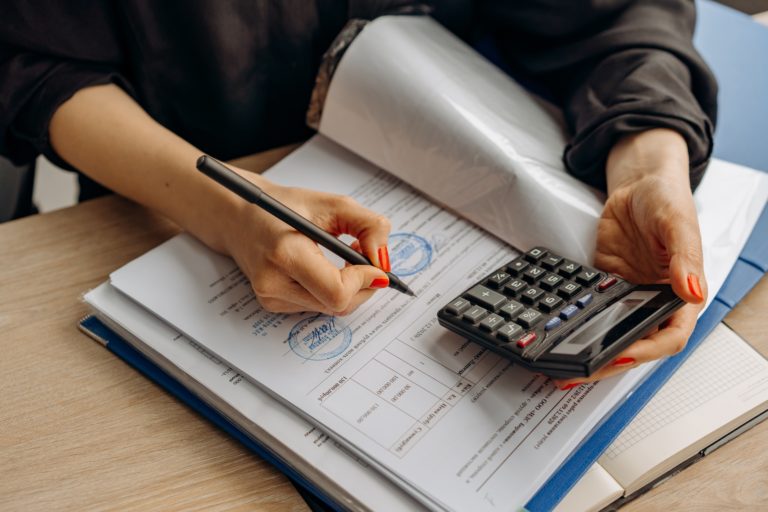Most Florida residents have some type of checking or savings account at a bank. What happens if someone dies owning a bank account in Florida and there is no joint owner on the account? Read on to find out.
What Happens to a Decedent’s Bank Account in Florida? – The Basics
When someone dies owning assets solely in his or her name, these assets are considered part of the decedent’s estate. The estate must go through probate, a legal process in which a court will oversee the distribution of the assets to their rightful heirs.
If a person dies owning a joint bank account, the surviving account holder can have access to the account, depositing or withdrawing funds as necessary.
For example, married couples often open joint banking accounts to allow each spouse to access the funds held in the bank. If one of the spouses dies, the surviving spouse can cash out funds to pay bills, cover funeral costs, or any other expenses.
Some elderly individuals may also name a child as a joint owner of a bank account, as they tend to rely more and more on their families. If someone dies owning a joint bank account with an adult child, the co-owner has seamless access to the account.
If the bank account has no joint owner, determining the route to take money out of the account depends on whether there is a designated beneficiary for the account.
Handling a Decedent’s Bank Account in Florida – Designated Beneficiaries
Beneficiary designations permit you to transfer the ownership of assets and money directly to specific individuals upon death without court intervention.
Assets with designated beneficiaries are not inherited through a will, which offers a valuable tool for Florida residents who want to avoid probate. Examples of assets with beneficiary designations include:
- Retirement accounts (e.g., 401(k)s, IRAs, etc.)
- Bank/brokerage accounts under joint tenancy
- Bank/brokerage accounts with payable-on-death (POD) and transfer-on-death (TOD) beneficiaries
- Life insurance or brokerage-related accounts with beneficiaries that are not the decedent
When the owner of the account dies, the persons named as beneficiaries can access the funds directly. If the only owner of an account dies without designating beneficiaries, the account must go through probate before the decedent’s loved ones can cash out any funds.
How Do I Take Money Out of a Deceased Bank Account in Florida? – Going Through Probate Administration
If a bank account is subject to probate in Florida, it is not possible to cash out any funds before the administration process is closed. In such cases, the court must appoint a personal representative (or executor) to conduct the process and oversee the distribution of the estate.
The court will issue Letters of Administration, a document granting the executor the right and power to act on behalf of the estate during probate and handle the decedent’s affairs.
With Letters of Administration and a few other documents in hand, the executor can ask for the authorization of the bank to access the account, withdraw any remaining funds, and close the account.
In most cases, the bank will issue a check made out to the decedent’s estate. The court will hold the funds in escrow until they authorize the distribution of the assets to the rightful beneficiaries.
Do You Need to Take Money Out of a Deceased Bank Account? – Immediately Contact Your Florida Probate Lawyer
Waste no time with uncertainty. Consult with Attorneys Romy B. Jurado and Diana C. Collazos by calling (305) 921-0976 or emailing [email protected] for expert legal guidance.






